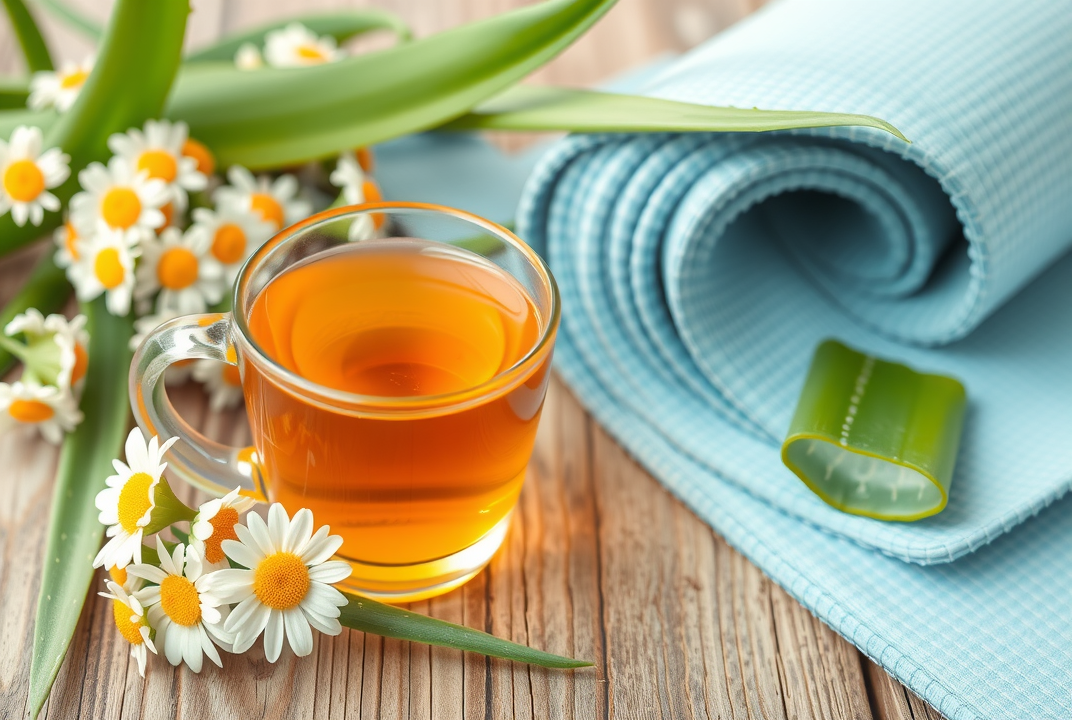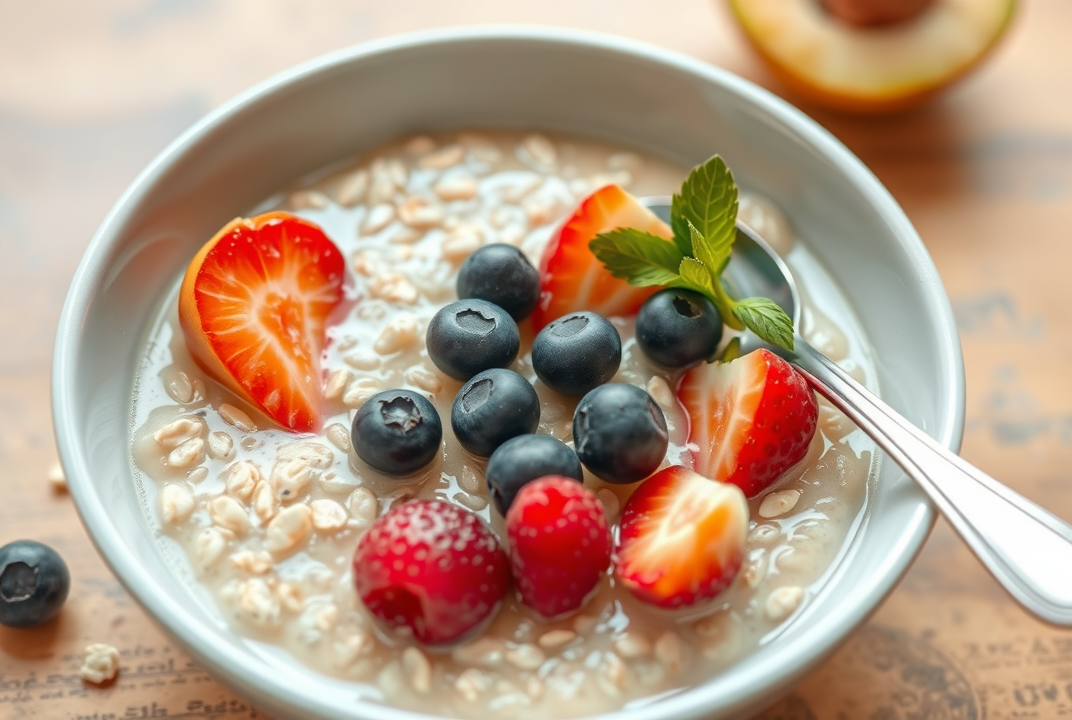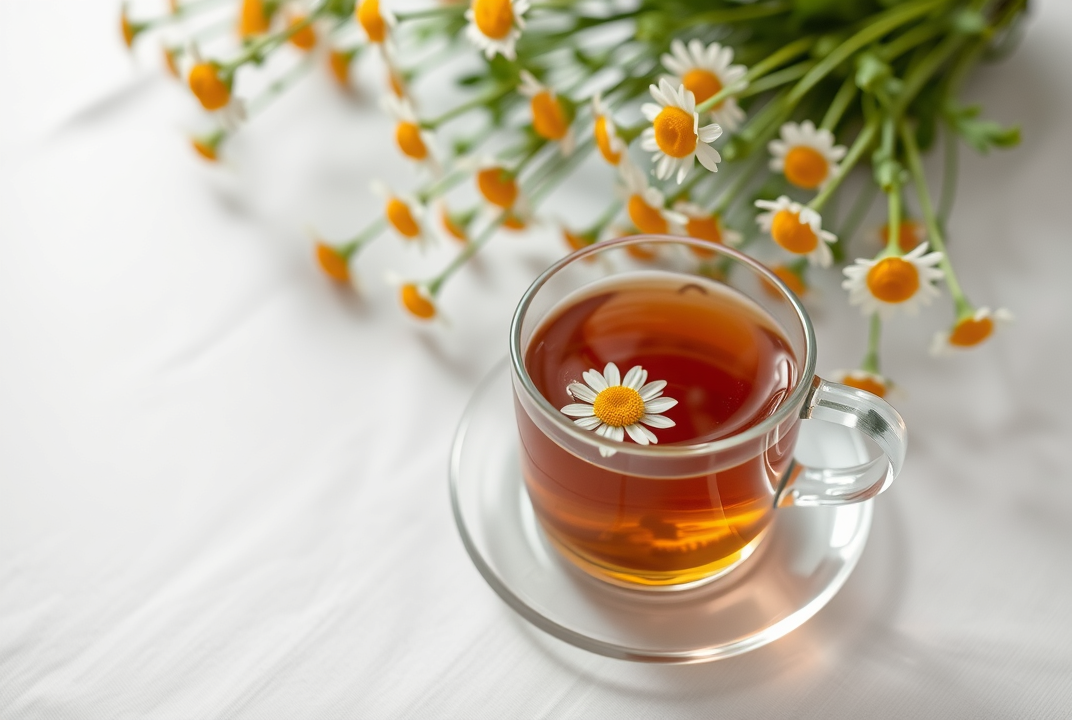Effective Home Remedies for Diverticulitis: Calm Flare-Ups Naturally

Introduction
Did you know that nearly half of the adult population over 60 may experience diverticulitis? While it might seem daunting, understanding natural remedies to manage flare-ups can provide much-needed relief and improve your quality of life.
Diverticulitis occurs when small pouches in the digestive tract become inflamed. Traditional medical treatments are useful, but many people seek effective home remedies to complement these treatments. This article explores powerful home remedies that can help manage diverticulitis flare-ups. From dietary adjustments to lifestyle changes, learn how you can naturally support your digestion and ease symptoms.
Understanding Diverticulitis and Its Symptoms
Diverticulitis is part of a broader condition known as diverticular disease. Small pouches (diverticula) form on the walls of the colon, and when these become inflamed or infected, it leads to diverticulitis.
Common Symptoms Include:
-
Abdominal pain and tenderness
Fever and chills
Nausea and vomiting
-
Changes in bowel habits (constipation or diarrhea)
Once symptoms appear, it's crucial to manage them promptly to prevent further complications. Thankfully, a variety of natural remedies can aid this process.
Dietary Adjustments for Relief
One of the most effective ways to manage diverticulitis is through diet. Here's how you can incorporate dietary changes to support your gut health:
Increase Fiber Intake
-
Why Fiber Matters: A high-fiber diet helps soften stool, reducing strain on the colon.
-
Sources: Integrate foods like oats, barley, fresh fruits, and vegetables into your meals.

Stay Hydrated
-
Hydration's Role: Proper hydration keeps your digestive system functioning smoothly, preventing constipation.
-
Tips: Aim for at least eight glasses of water per day. Herbal teas can also be a soothing alternative.
Limit Processed Foods
-
Impact: Processed foods can irritate the digestive system.
-
Recommendation: Reduce intake of foods high in refined sugars and fats.
Herbal and Natural Remedies
Certain herbs and natural approaches are beneficial in managing symptoms:
Chamomile Tea
-
Benefits: Chamomile is known for its calming properties, which help alleviate digestive discomfort.

Turmeric
-
Properties: Contains curcumin, an anti-inflammatory agent, which can reduce intestinal inflammation. Incorporate it into meals or find it in capsule form.
Aloe Vera
-
Usage: Aloe vera juice can soothe the colon and support healing.
Lifestyle Modifications
Alongside dietary changes, lifestyle modifications play a key role in managing diverticulitis:
Regular Exercise
-
Why Exercise Helps: Regular activities enhance digestive function and reduce stress.
-
Suggestions: Incorporate walking, swimming, or yoga into your routine.

Stress Management
-
Stress's Impact: Stress can exacerbate symptoms, so managing it is crucial.
-
Techniques: Practice mindfulness, meditation, or deep breathing exercises daily.
When to Seek Medical Help
While home remedies are effective, knowing when to seek medical help is important.
-
Severe Pain: Persistent pain not relieved by home treatments requires medical evaluation.
-
Fever and Vomiting: These symptoms accompanied by nausea may need medical attention.
Conclusion
Home remedies can play a significant role in managing diverticulitis signs and improving gut health. By incorporating the right dietary and lifestyle changes, you can address minor flare-ups effectively. However, always consult healthcare professionals for persistent or severe symptoms. Start taking control of your gut health today by applying these natural strategies and feel empowered in your health journey.
Next Steps
Begin by evaluating your current diet and lifestyle. Identify small changes that can make a big difference. Stay informed, and don't hesitate to reach out to a healthcare provider to support you in this process.